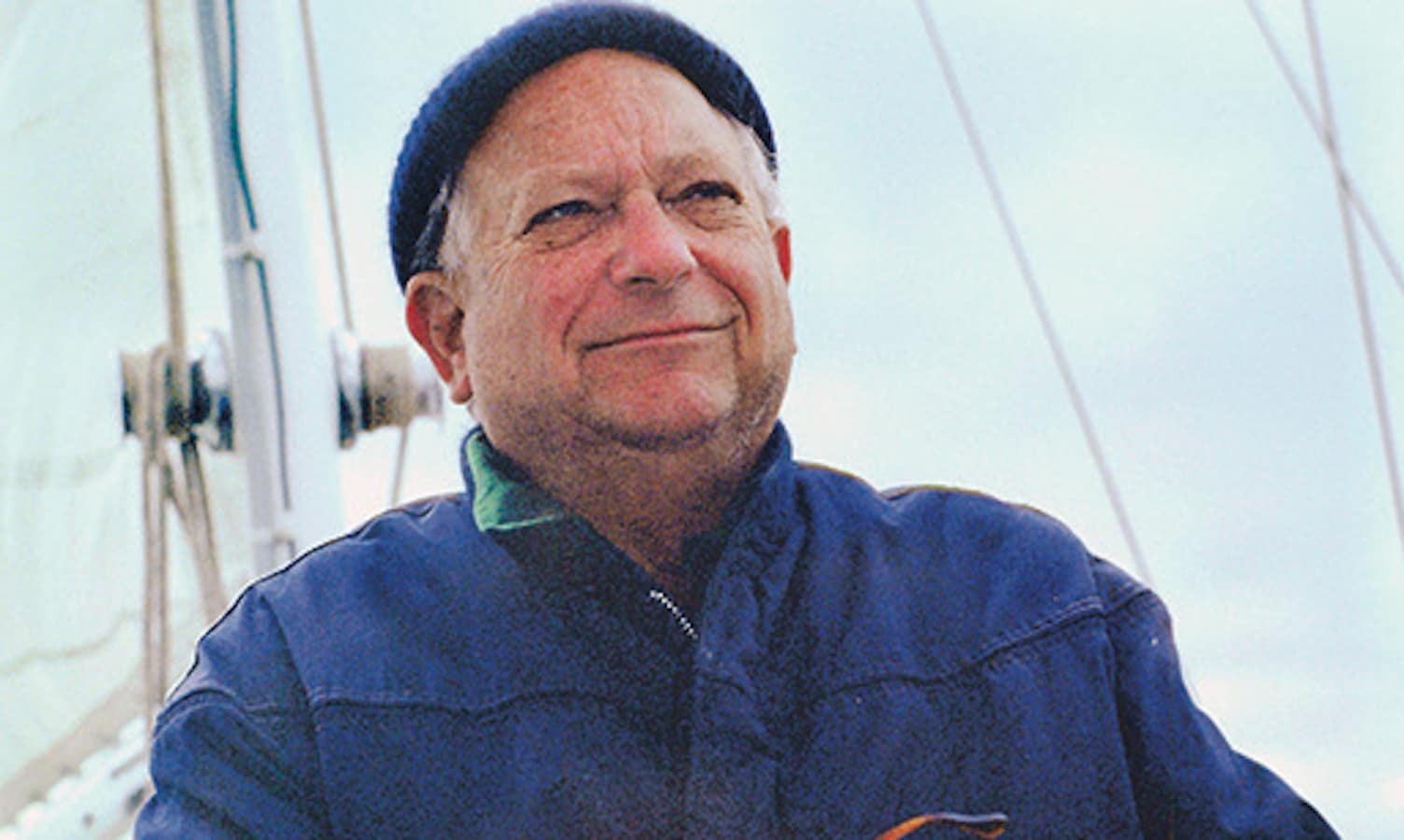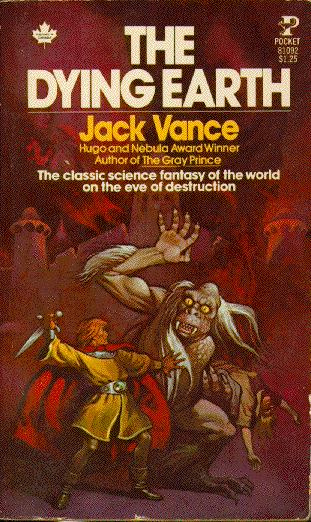Fantasy has always existed one form or another and, one could argue probably since literature itself began but, didn't really have its own genre classification until about the 20th century. The pulps and writers like Robert E Howard and his his imitators and many descendants gave us the category of the heroic fantasy and Tolkien, though he didn't invent to concept of world building and epic fantasy, was a catalyst in it's and popularity . In the course of time, traditional heroic fantasy, whose heyday run was roughly from the 1920's to about the early 1980 's , pretty much exhausted itself and fell by the wayside. Epic fantasy with its world building , complex plots , cast of thousands characters, maps , glossaries indexes and multivolume format seems to have become the dominant mode of fantasy. The question is, has fantasy become stuck in one place and mode? Or does it still have the possibility to continue evolving ?
Thoughts?
Thoughts?




